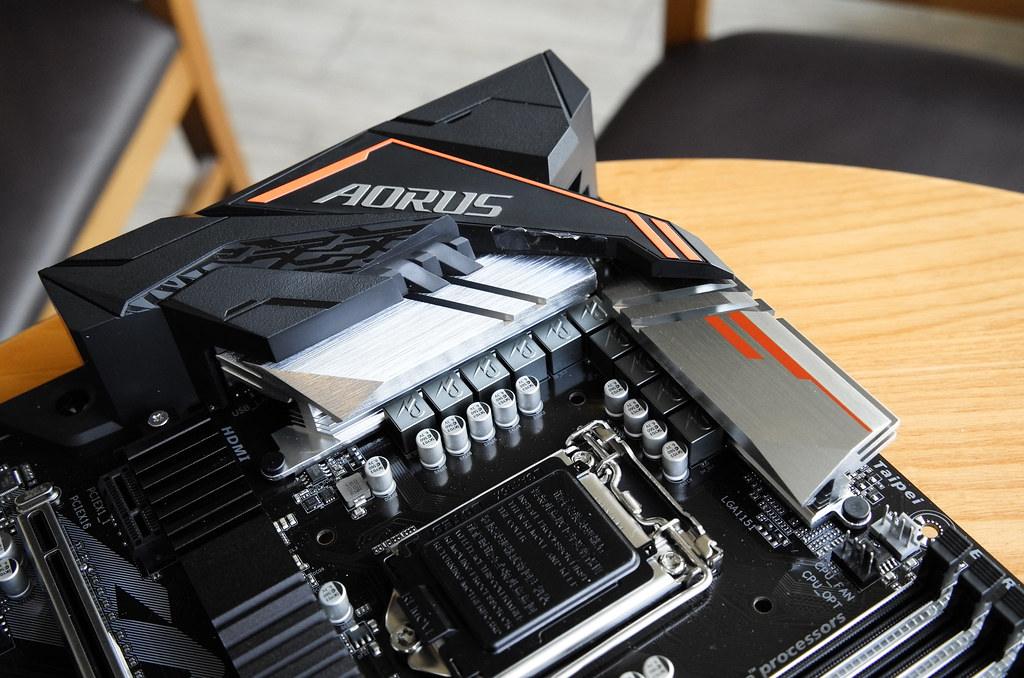Computer Motherboard
The computer motherboard is one of the most essential components of a desktop computer. It serves as the central hub that connects all other hardware components, ensuring they work together harmoniously. Whether you’re assembling a gaming rig or a workstation, the motherboard’s quality and compatibility play a crucial role in your system’s overall performance and reliability.
The motherboard connects all the computer components, such as the graphics card, processor, RAM, SSD slots, hard disk slots, cooling fans, RGB light ports, and more. It is virtually impossible to run a computer without a motherboard. Additionally, modern motherboards come equipped with advanced features such as built-in Wi-Fi, Bluetooth, high-speed USB ports, and support for overclocking, catering to the needs of both casual and professional users.
Types of Motherboards
There are various types of motherboards, typically categorized by generation:
2nd Gen
3rd Gen
4th Gen
5th Gen
6th Gen (newly released)
Each generation introduces improved performance, better energy efficiency, and support for newer technologies like DDR5 RAM and PCIe 5.0 slots. It is essential to choose a motherboard that matches your CPU generation to ensure optimal performance.
In the current market, we primarily find AMD and Intel variants of motherboards. AMD motherboards are known for their excellent performance in multi-threaded tasks, while Intel motherboards excel in single-threaded tasks and gaming performance.
Popular Motherboard Brands
Some of the most popular motherboard brands in the market include:
MSI: Renowned for gaming motherboards with robust performance and customization features.
ASUS: Known for durability and innovative features in both gaming and professional-grade motherboards.
GIGABYTE: Offers a wide range of reliable motherboards with excellent build quality.
ASRock: Provides affordable options without compromising on essential features.
NZXT: Specializes in aesthetically pleasing motherboards with a focus on modern design.
COLORFUL: Popular in the gaming segment for performance-focused designs.
Motherboard Form Factors
Motherboards come in different form factors to suit various needs:
ATX: The standard size, ideal for full-sized cases and offering extensive expansion options.
Micro ATX: Slightly smaller than ATX, suitable for mid-sized cases while still offering decent features.
Extended ATX (E-ATX): Larger than ATX, designed for high-end builds with additional features and expansion slots.
Mini ITX: Compact and ideal for small-form-factor builds, though with limited expansion options.
Each form factor offers unique features and compatibility, catering to a wide range of user requirements and preferences.
Tips for Choosing the Right Motherboard
When selecting a motherboard, consider the following factors:
Compatibility: Ensure the motherboard is compatible with your CPU and RAM.
Features: Look for features like Wi-Fi, Bluetooth, and support for M.2 SSDs, depending on your needs.
Future-Proofing: Choose a motherboard that supports the latest technologies to avoid frequent upgrades.
Brand Reputation: Opt for reputable brands known for quality and after-sales support.
In conclusion, the motherboard is the backbone of any computer system. Whether you’re building a budget PC or a high-end gaming machine, investing in a quality motherboard will ensure long-term reliability and performance.

